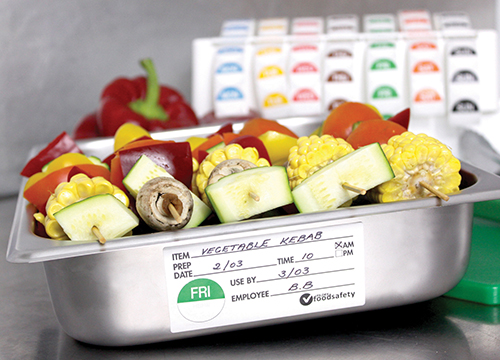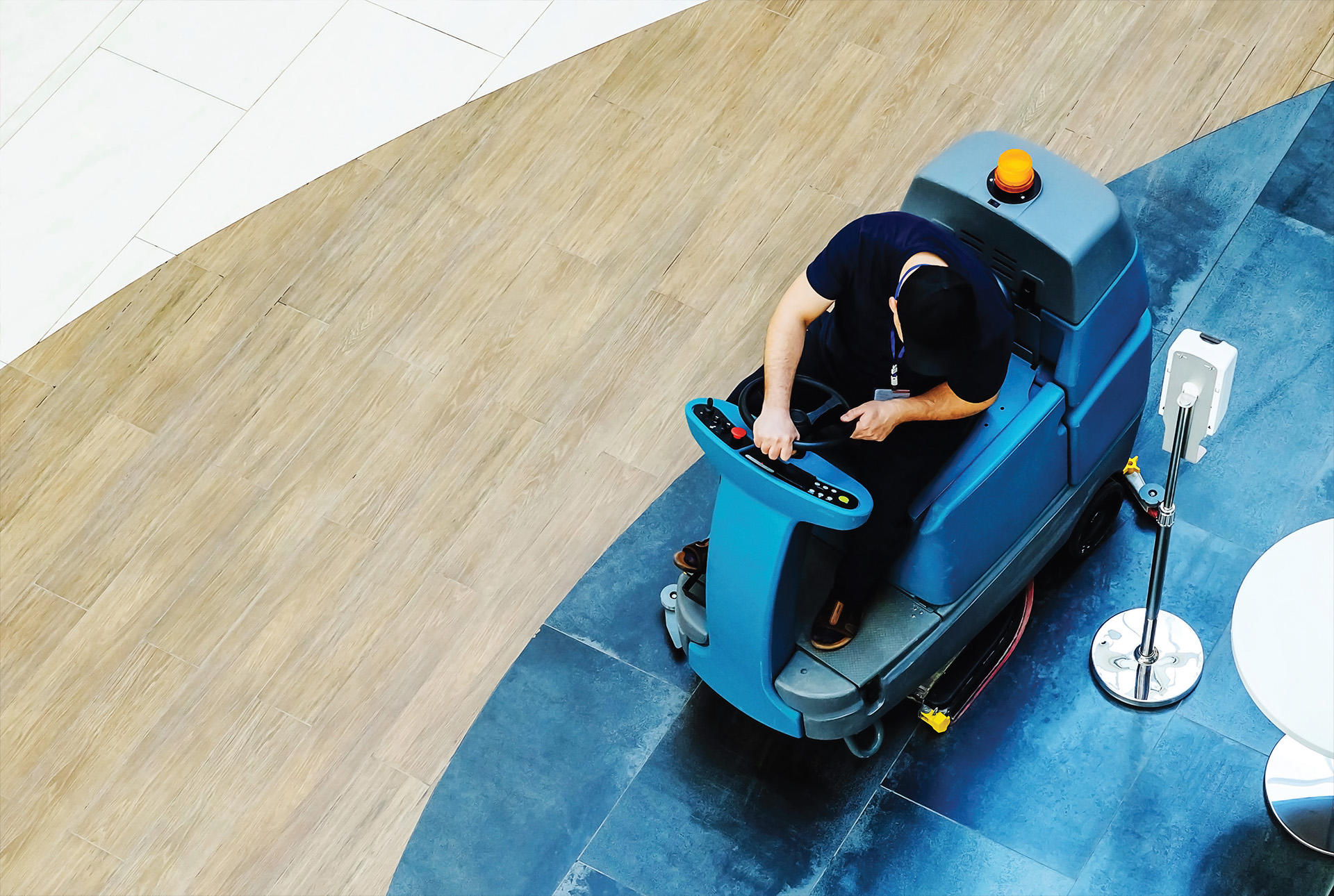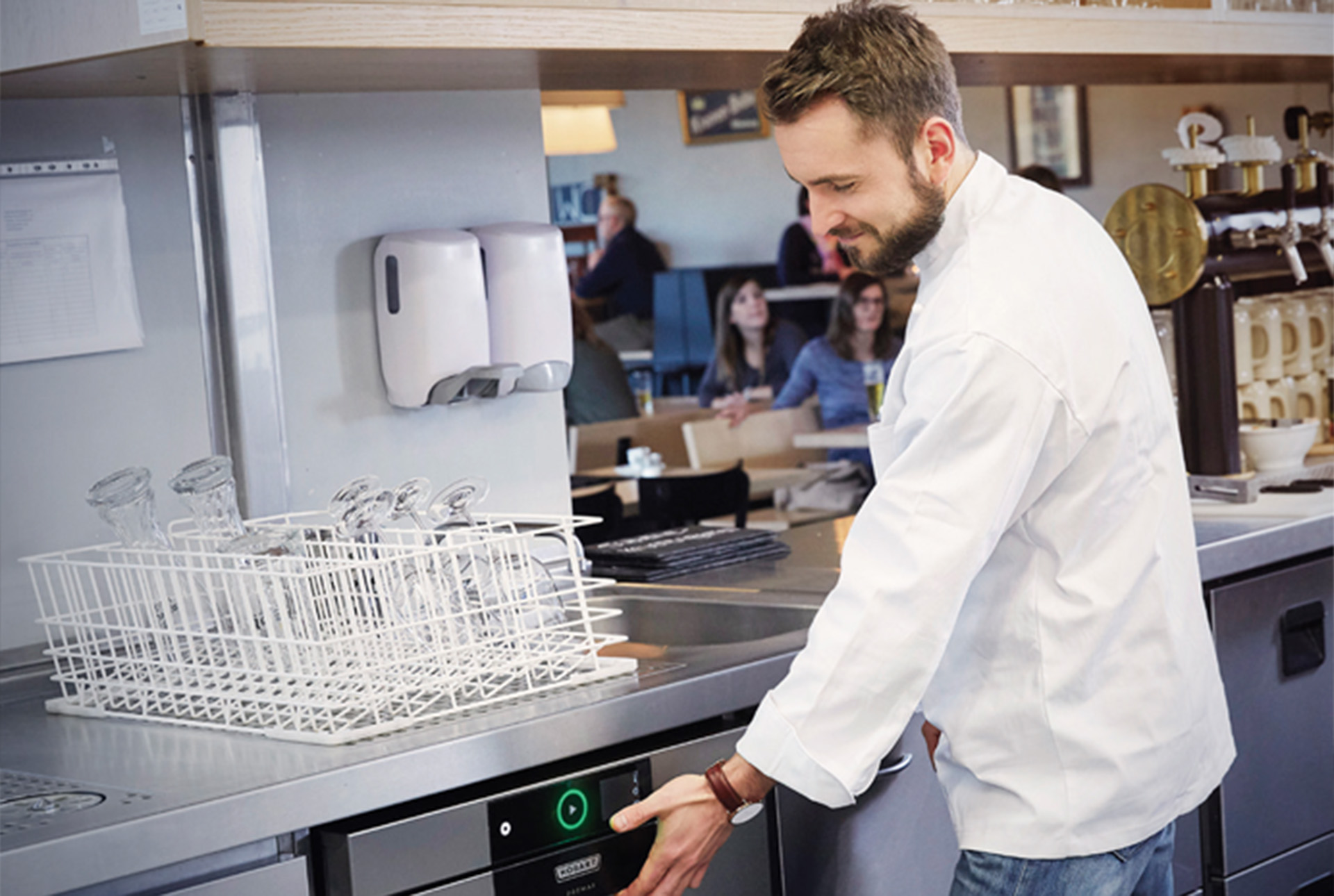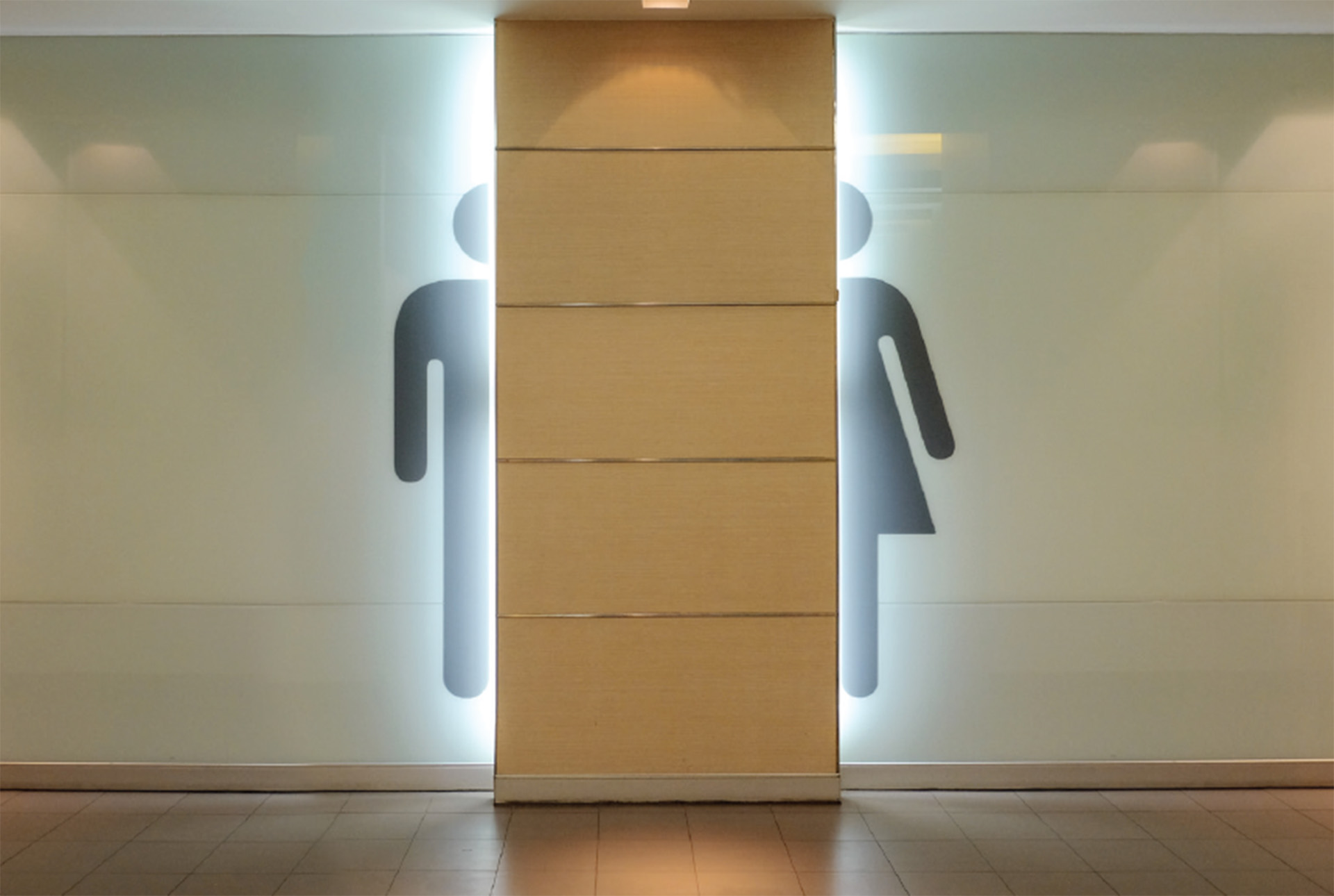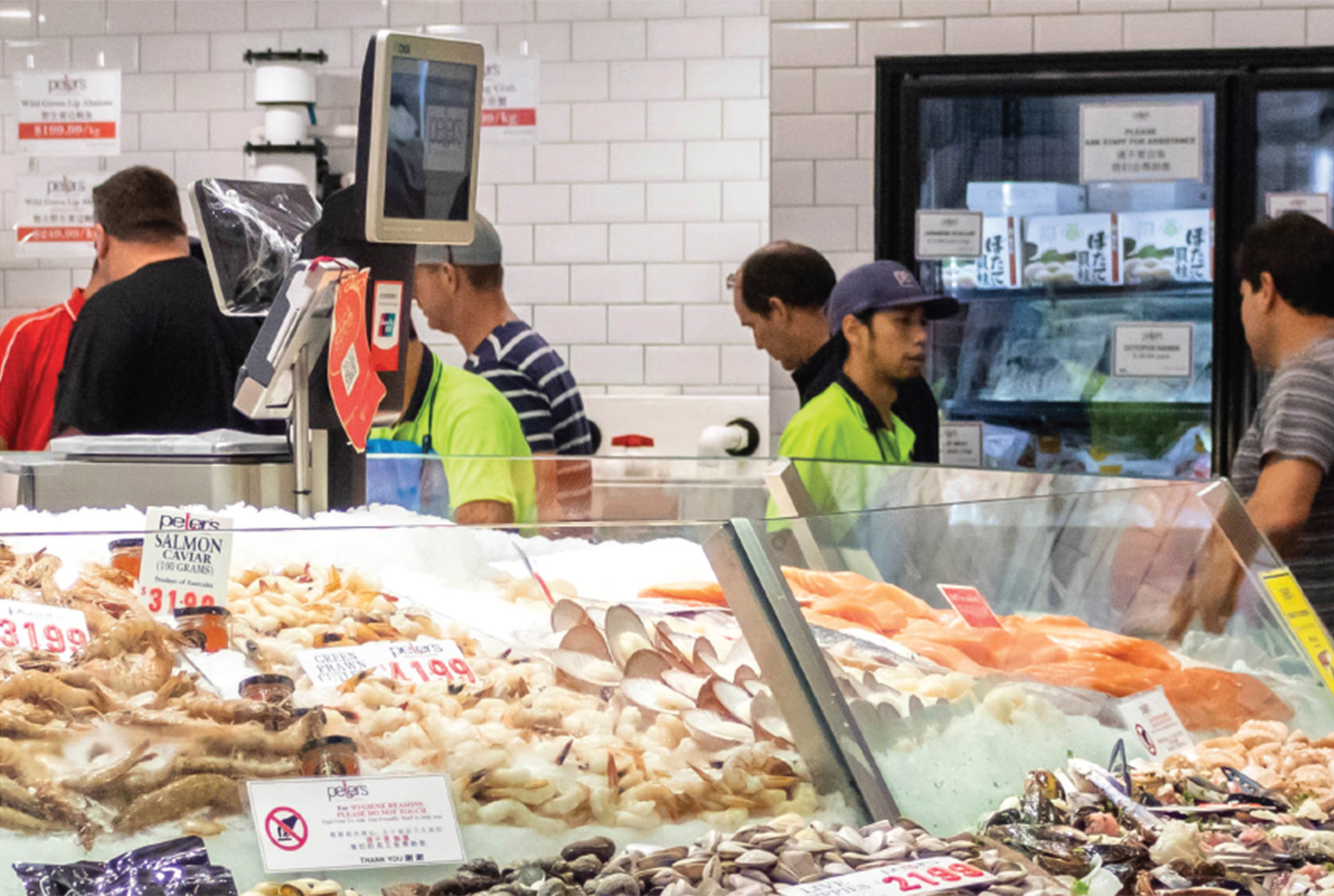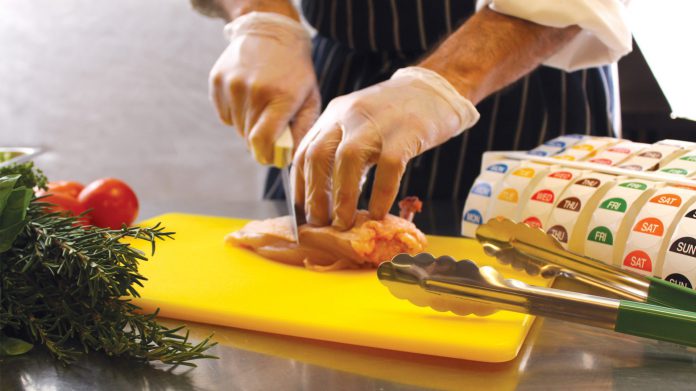
These five simple strategies can help your business reduce foodwaste – which is great news for your budget and the environment.
Food wastage is a significant issue across the globe. In Australia, we discard more than five million tonnes of food every year. And as that food degrades in landfill, it produces enormous amounts of methane (a greenhouse gas some 25 times more potent – and therefore damaging – than carbon dioxide), making it a huge contributor to global warming. So, how can businesses lessen their wastage? Fildes Food Safety, a leader in food safety and wastage minimisation for more than three decades, recommends these five simple actions.
1. Use food safety labels
Food safety labels inform kitchen staff of what a product is and when it should be used by. They help reduce over-ordering and assist in stock rotation.
2. Follow the FIFO rule
“First In First Out” refers to how food needs to be dated and organised in commercial kitchens to help control wastage and run profitably.
3. Work on accurate ordering
Recording food requirements throughout the year means the figures can be used to predict future consumption during the same period.
4. Stay on top of maintenance
In addition to being huge consumers of energy, poorly running fridges and freezers can often be the cause of mass spoilage.
5. Prevent cross-contamination
Contaminated foods need to be discarded, so using colour-coded kitchen utensils and chopping boards not only reduces the risk of cross-contamination for customer safety, it also lessens potential wastage.
